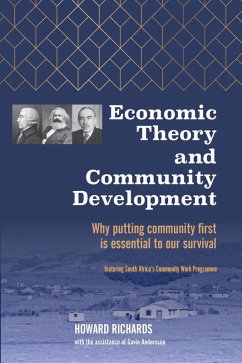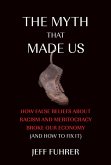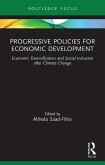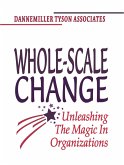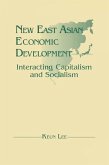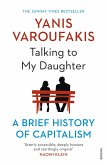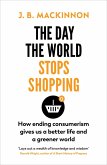At an ontological level (unlike Schwab and Malleret) this book follows Roy Bhaskar`s suggestion to regard deep social structures as social science analogues of the forces that produce the observed data of the natural sciences. Social structures (following Tony Lawson) are material positions, each defined by the rights and obligations of the person holding that position.
This book endorses several kinds of morals talk and ethics talk, starting with respecting (with exceptions) what exists and is understood at a given time and place. It endorses a care ethic. Humankind's existential crisis, as Greta Thunberg reminds us, is about nature. But we cannot save nature and ourselves without rethinking our thinking and upgrading our ethics. This is realism; it underpins unbounded organization, a new approach to community development growing out of practical, on-the-ground experiences in Africa and Latin America. Putting ethics first, putting community first, an unbounded realist approach is open to moving parameters that orthodox economic theory has tried to set in stone.
Dieser Download kann aus rechtlichen Gründen nur mit Rechnungsadresse in A, B, CY, CZ, D, DK, EW, E, FIN, F, GR, H, IRL, I, LT, L, LR, M, NL, PL, P, R, S, SLO, SK ausgeliefert werden.
Hinweis: Dieser Artikel kann nur an eine deutsche Lieferadresse ausgeliefert werden.

